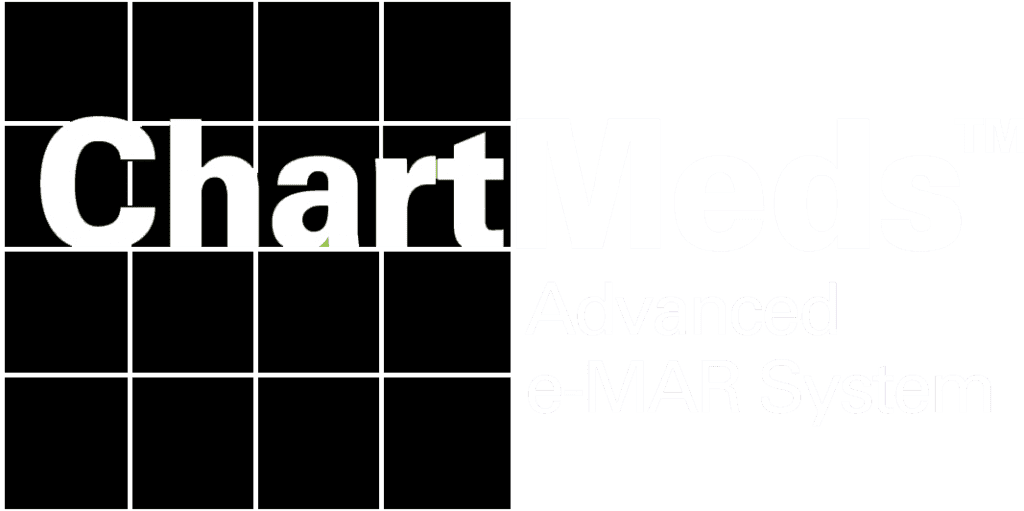In the complex landscape of healthcare, where stringent regulations govern every facet, Revenue Cycle Management (RCM) emerges as a critical component. Central to its effectiveness is the imperative of compliance.
In this discussion, we delve into the intricacies of navigating compliance issues within RCM, with a focus on the transformative role of Smart Health Claims technology.
Understanding Compliance Issues in Healthcare
In the intricate web of healthcare regulations, compliance issues loom large. The rules that healthcare providers must follow are dictated by a number of regulations, including the Health Insurance Portability and Accountability Act (HIPAA) and the Affordable Care Act (ACA).
Non-compliance is not merely a breach of rules; it can have far-reaching consequences, from legal penalties to the erosion of patient trust. For RCM, compliance is not an option but a necessity.
Smart Health Claims (SHC) not only revolutionizes the revenue cycle through its advanced technology but also serves as a robust compliance solution. By ensuring adherence to stringent regulations and mitigating compliance risks, SHC plays a pivotal role in safeguarding the financial stability and integrity of healthcare organizations.
The challenges in ensuring compliance within RCM are diverse. Billing errors, inadequate documentation, and failure to adapt to changing regulations are common pitfalls. These issues not only jeopardize financial stability but also compromise the quality of patient care. The stakes are high, making it imperative for healthcare providers to proactively address and overcome compliance challenges.
The Role of Technology in Addressing Compliance Issues
The advent of technology in healthcare has been transformative, and RCM is no exception. Leveraging technology can substantially mitigate compliance risks. Smart Health Claims technology, in particular, stands out as a beacon of efficiency. By automating processes and employing real-time validation, this technology addresses compliance challenges at their roots.
The use of technology has brought about a significant change in the way healthcare providers deal with compliance-related issues. With data encryption and security measures, sensitive patient information is shielded from potential breaches. Real-time claim validation not only prevents errors before they occur but also ensures that claims adhere to the latest regulatory requirements. Integration with compliance databases further fortifies the system, providing a comprehensive solution to compliance challenges.
Key Components of Smart Health Claims Technology
The success of Smart Health Claims technology lies in its multifaceted approach. Data encryption and security measures create an impregnable fortress around patient information. Real-time claim validation acts as a vigilant gatekeeper, allowing only accurate and compliant claims to proceed. Integration with compliance databases ensures that providers are always aligned with the latest regulatory changes.
In the realm of data security, encryption is paramount. Patient confidentiality is non-negotiable, and any compromise can have severe consequences. Smart Health Claims technology employs state-of-the-art encryption methods to safeguard patient data throughout the RCM process. This not only satisfies regulatory requirements but also builds a foundation of trust with patients.
Real-time claim validation is a game-changer. Traditional RCM processes often involve retrospective audits, leaving room for errors to persist. Smart Health Claims technology, with its real-time validation capabilities, identifies and rectifies compliance issues on the spot. This not only expedites the reimbursement process but also ensures that providers maintain a consistently compliant stance.
Integration with compliance databases completes the trifecta. Staying abreast of regulatory changes is a perpetual challenge. Smart Health Claims technology, by integrating with these databases, ensures that providers are automatically updated with the latest compliance requirements.
Implementing Smart Health Claims in RCM
While the benefits of Smart Health Claims technology are evident, successful implementation is pivotal. Seamless integration requires a systematic approach. Begin by understanding the existing RCM processes and identify points of integration. Collaborate with technology experts to ensure a smooth transition, and provide comprehensive training to healthcare staff.
Training and education are linchpins in the implementation process. The effectiveness of technology is amplified when healthcare staff are well-versed in its utilization. Conduct thorough training sessions, addressing the nuances of Smart Health Claims technology. Empower staff to navigate the system confidently, ensuring that compliance becomes an ingrained aspect of their daily routines.
Continuous monitoring and improvement are integral to sustained success. Regularly audit the system’s performance, identify areas for enhancement, and adapt to evolving compliance requirements. Smart Health Claims technology is not a one-time solution but a dynamic tool that evolves with the healthcare landscape.
Ensuring Accurate, Timely, and Optimized Reimbursement
Smart Health Claims (SHC) technology is the expertise of certified billing and coding specialists. These professionals form the backbone of the reimbursement process, diligently navigating complex billing codes and regulations to ensure that healthcare providers receive accurate, timely, and optimized reimbursement for rendered services.
Accurate Reimbursement: Certified billing and coding specialists possess in-depth knowledge of medical coding systems, including ICD-10, CPT, and HCPCS Level II codes. Their meticulous attention to detail ensures that every medical procedure and service is accurately documented and coded, minimizing the risk of coding errors or discrepancies. By adhering to industry best practices and regulatory guidelines, these specialists facilitate the prompt processing of claims and the maximization of reimbursement for healthcare providers.
Timely Claims Processing: In the fast-paced world of healthcare, timely claims processing is paramount to maintaining cash flow and operational efficiency. Certified billing and coding specialists leverage their expertise to expedite the submission and processing of claims, minimizing delays and reducing the risk of revenue cycle bottlenecks.
Optimized Revenue: Beyond ensuring accuracy and timeliness, certified billing and coding specialists are adept at optimizing reimbursement for rendered services. Through strategic coding practices, careful documentation review, and proactive claims management, these specialists identify opportunities to maximize reimbursement while maintaining compliance with payer guidelines. By advocating on behalf of healthcare providers and advocating for fair reimbursement rates, certified billing and coding specialists play a pivotal role in safeguarding the financial viability of healthcare organizations.
Best Practices for Maintaining Compliance
Maintaining compliance is an ongoing commitment that extends beyond technology implementation. Collaborating with compliance experts or consultants provides a wealth of knowledge and ensures that providers benefit from specialized guidance.
Staying informed about regulatory changes is a shared responsibility. Healthcare professionals should actively seek updates, engage in industry forums, and leverage resources that provide real-time information.
Safeguarding Your Revenue Cycle with Smart Health Claims
In the intricate dance of healthcare regulations, Smart Health Claims technology emerges as a reliable partner. By addressing compliance issues at their core, this technology not only fortifies the revenue cycle but also elevates the standard of patient care. The path to compliance may be complex, but with Smart Health Claims, it becomes a navigable journey towards sustainable success.
As you embark on the journey to fortify your Revenue Cycle Management, seize the opportunity to embrace Smart Health Claims technology. Contact us today to explore how this transformative solution can safeguard your compliance, streamline operations, and propel your healthcare organization into a future of sustainable success.









